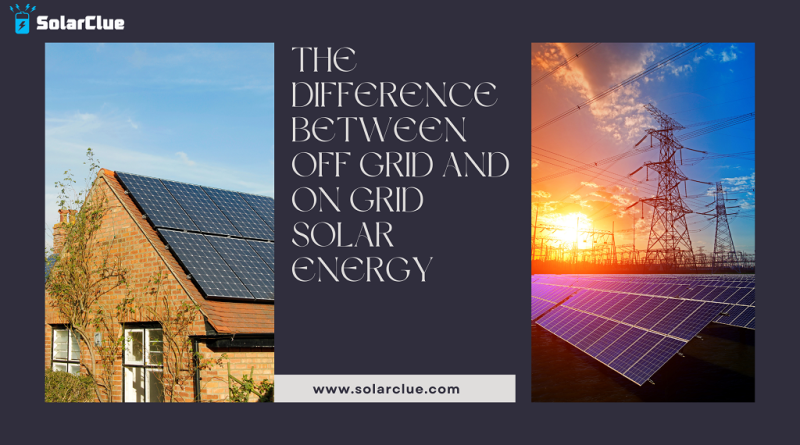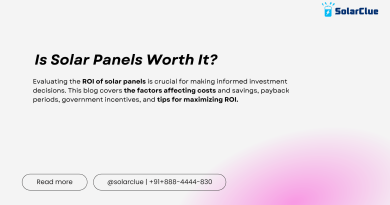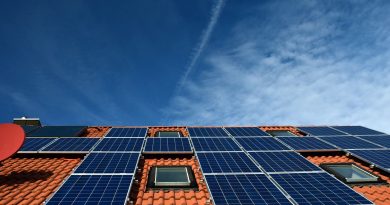The Difference Between Off Grid And On Grid Solar Energy
Most people are familiar with the basic concept of solar energy, but the specifics of how it functions can appear quite complex. Notably, the different classifications of solar power systems, namely on-grid and off-grid, often confuse many. To explore solar energy’s potential, it is fundamental to understand the differences between these two types of systems. This article will peer into each system’s unique features, how they operate, their advantages and disadvantages, and, ultimately, impact your decision when selecting an appropriate solar installation.
Table of Contents
Defining On-Grid and Off-Grid Solar Systems
An on-grid solar system, also known as grid-tied or grid-connected system, directly connects to the public electricity grid. This arrangement allows the system to feed surplus solar power back to the grid and draw power when needed, particularly when solar power generation is lower. Essentially, in an on-grid system, the electricity grid acts as a back-up, ensuring constant electricity supply regardless of solar energy generation.
On the contrary, an off-grid solar system operates independently of the public electricity grid. In this system, energy storage in batteries plays a critical role, as it allows power use during the night or on cloudy days when solar power is not generated. An off-grid solar system is entirely self-sufficient and is common in remote areas unreachable by grid power or in situations where the grid’s reliability is questionable.
Key Differences Between On-Grid and Off-Grid Solar Energy
Cost of Installation
The cost of installation is one of the essential differences between both systems. An off-grid solar system tends to be more expensive than its counterpart due to the need for additional components such as a battery bank, solar charge controller, inverter, and disconnect switches. The high initial investment of an off-grid system includes the cost of strengthening the infrastructure that ensures its self-sufficiency, which is not cheap.
Energy Storage and Usage
In terms of energy storage, off-grid solar systems adopt the use of high-capacity batteries to store energy for use when there is low or no sunshine. On-grid systems, however, do not necessarily require storage as they have the grid for backup. Concerning usage, off-grid solar users are often conscious of their consumption since they rely solely on their system, whereas on-track users can use power unlimitedly with the grid as a fallback.
Limitations and Flexibility
On-grid solar systems cannot function during power outages as they are geared to stop sending power into the grid at such times for safety reasons. On the other hand, off-grid solar systems will continue to operate during power outages as long as the battery bank has charge. On-grid systems do not need permission to connect to the grid, making them simpler to install, but off-grid systems offer the flexibility of use anywhere, including areas not served by an electrical grid.
Benefits and Drawbacks
On-grid systems are advantageous due to their simplicity, lower costs, and the ability to tap into the grid when solar energy is insufficient. However, they are dependent on grid availability and cannot operate during power outages. Off-grid systems, while pricier and requiring more maintenance due to their complexity, offer independence from the grid, providing peace of mind and reliability during power outages or in rural locations. But, they require careful power management to avoid draining the batteries.
Conclusion
In conclusion, the choice between on-grid and off-grid depends heavily on individual requirements. Those seeking independence from the public utility grid may find an off-grid system more appealing, while those who want a less expensive option and have a reliable grid service may opt for an on-grid system. The decision should pivot on factors such as system costs, energy demand, geographic location, and grid reliability. Whether you opt for an on-grid or off-grid system, reaping the benefits of solar energy promises a sustainable future and a step toward a greener world.




